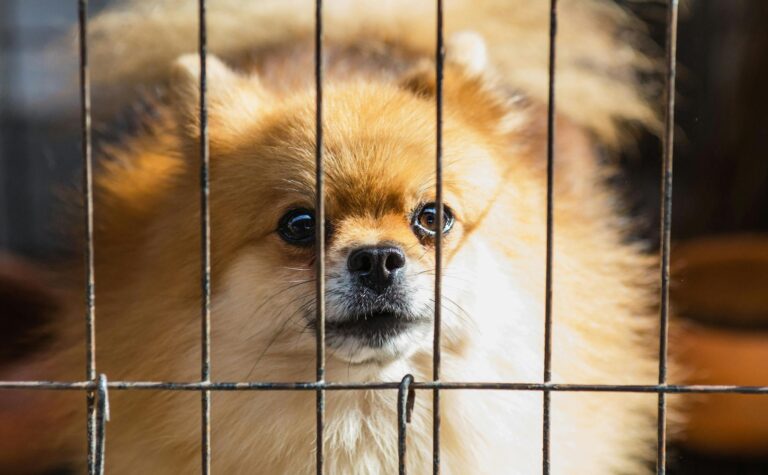Cats are known for their vocalizations, with meowing being one of the most common ways they communicate with humans. However, there is a curious question that often arises – do cats tire of their meowing habits over time? To understand this, we delve into the intricate world of feline communication. Meowing in cats is a behavior that develops early in life. Kittens meow to communicate with their mothers, signaling hunger, discomfort, or the need for attention. As they grow older and are introduced to human environments, they often continue meowing to communicate their needs and desires to their human companions. This can include asking for food, seeking attention, or expressing discomfort. One aspect to consider is that cats are highly adaptable creatures. If a cat’s meowing results in a positive outcome, such as receiving food or attention, they are likely to continue using this vocalization as a means of communication. On the other hand, if their meowing is consistently ignored or met with a negative response, they may eventually reduce or modify this behavior.

It is important to note that not all cats have the same vocal tendencies. Some cats are naturally more talkative than others, while some may be more quiet and reserved. Factors such as breed, personality, and past experiences can influence a cat’s vocalization patterns. For example, Siamese cats are known for their vocal nature and tendency to meow frequently, while breeds like the Maine Coon may be more laid-back in their communication. As cats mature, their meowing habits can also evolve. Older cats may meow less frequently than kittens, as they become more independent and self-sufficient. However, this does not necessarily mean they tire of meowing altogether. Rather, their communication style may change as they age, using meowing selectively for specific purposes. Environmental factors can also play a role in shaping a cat’s meowing habits. Changes in routine, new additions to the household or stressful situations can lead to an increase or decrease in meowing. Cats may meow more when they are anxious or seeking reassurance, and less when they are comfortable and content.
They learn from experience and adjust their behaviors based on the responses they receive. Ultimately, whether cats tire of their meowing habits over time depends on various factors, including individual differences, life stages, and environmental influences. While some cats may continue meowing throughout their lives as a primary form of communication, others may adapt their vocalizations based on their experiences and needs and check this site www.topcatbreeds.com. It is essential for cat owners to pay attention to their cats’ vocal cues and understand the underlying reasons for their meowing. Responding appropriately to a cat’s meows, whether it is providing food, attention, or addressing potential stressors, helps strengthen the human-cat bond and enhances overall well-being. Feline communication is a fascinating aspect of cat behavior that continues to intrigue cat owners and researchers alike. Meowing serves as a versatile means of expression for cats, and while their meowing habits may evolve over time, cats are adept at adjusting their communication styles to effectively convey their needs and emotions.
